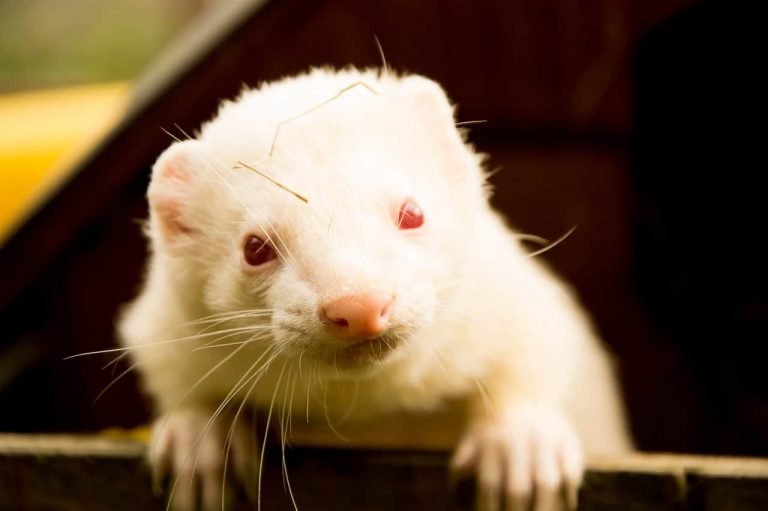Are Hamsters Nocturnal?
Your hamster is fast asleep. You might see them snoozing most of the day. But when evening comes, they wake up. They run on their wheel, chew on things, and stash food. So, if they are busy at night, does that mean they are nocturnal? Not always. Wild hamsters are prey animals. They come out when it’s safest. This guide explores their sleep habits. It also shares what a good routine looks like for them.
Are Hamsters Nocturnal?
Most hamsters are not truly nocturnal. They are actually crepuscular. This word comes from “crepusculum,” Latin for twilight. It means hamsters are most active at dawn or dusk. That’s when you will see them moving around the most. They aren’t awake or asleep at the same exact times. Just like people, each hamster has its own unique daily schedule. They don’t all follow the same strict clock.
Why Are Hamsters Crepuscular?
Hamsters in the wild learned to be crepuscular because of predators. They would leave their safe burrows during twilight hours. This was the best time to find food and store it. It was safer than being out in full daylight or the middle of the night. This natural pattern is still part of their behavior today. Even pet hamsters keep this trait, even though they do not face predators.
Two main things shaped how hamsters sleep:
- Their living area
- Being a prey animal
The Environment
Hamsters live in warm parts of Europe, Asia, and the Middle East. They changed their sleeping habits to handle the heat. They stay inside their burrows and tunnels during the hottest parts of the day. This helps them save energy. At night, when it cools down, they become active. They then start to look for food. Pet hamsters, however, live in houses at comfy room temperatures. This can sometimes make them active at any time of day.
Their Status as Prey
Animals in the wild adapt to each other. Predators and prey learn each other’s patterns. Hamsters are prey animals. They try to avoid being out when predators are hunting. Many animals hunt hamsters. These include snakes, wild cats, dogs, and birds of prey. So, hamsters try to stay hidden when these hunters are awake. Many big predators are nocturnal. This means hamsters try to be awake and asleep before their hunters are out.
Can You Train a Hamster to Sleep at Night?
You can try to change a hamster’s sleep routine, but it is not a good idea. Hamsters are naturally crepuscular. Forcing a new schedule can cause them a lot of stress. It might make them angry or even get sick. If you still want to try, here are a few ideas that might help.
- Feeding At an Earlier Time
Hamsters often wake up when they smell food or treats. If you want your hamster to wake up sooner, try feeding them a little earlier each day. This small change can shift their internal clock.
- Gradually Change the Night/Day Cycle
Natural light often tells your hamster when it is day and night. You could use curtains to block out light during the day. This makes the hamster think it is nighttime. Then, you might add a soft light source to their cage during the true night hours. This helps to create a new “day” for them.
- Change the Cycle Slowly
Never change a hamster’s schedule all at once. This can really stress them out. If you decide to adjust their sleep patterns, do it little by little. Make small changes each day instead of a big one.







